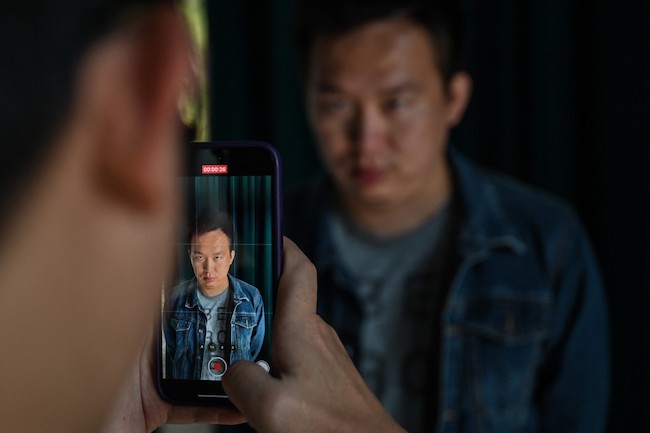In a tranquil cemetery in eastern China, Seakoo Wu, a grieving father, turns to artificial intelligence (AI) technology to create a lifelike avatar of his deceased son.
Placing his phone on the gravestone, Wu plays a recording of his son, generated by AI, offering comforting words he never spoke in reality.
Joining a growing trend in China, Wu envisions building a fully realistic replica of his son that exists in virtual reality, allowing him to interact with a lifelike version of his departed child.
Chinese firms claim to have created thousands of “digital people” from short audiovisual recordings of the deceased, providing comfort for those mourning lost loved ones.
Related News: https://savingpointmedia.com/opec-head-stresses-no-single-solution-to-energy-transition-at-cop28/
However, the technology also raises ethical questions about consent, loyalty, and potential negative impacts.
The industry is booming in China, where AI technology is considered world-class, meeting the emotional needs of many in the country.
Super Brain, an AI firm, charges between $1,400 and $2,800 to create a basic avatar within about 20 days.
While the avatars offer a form of comfort, experts emphasize the need for further research to understand psychological and ethical implications.
You can also read: https://savingpointmedia.com/bethlehems-silent-christmas-amid-ongoing-israel-hamas-conflict/


